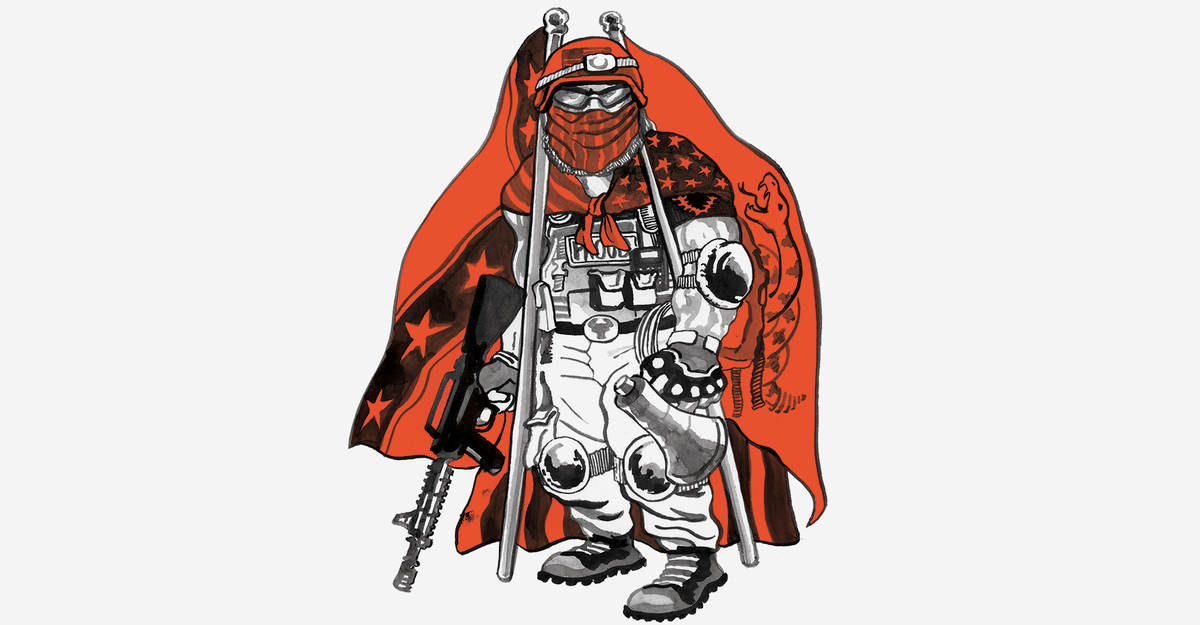Until the very end of his presidency, Donald Trump’s cultivation of the Proud Boys, the Oath Keepers, and other violent far-right groups was usually implicit. He counted on their political support but stopped short of asking them to do anything.
Trump had mastered a form of radicalization sometimes known as stochastic terrorism—riling up followers in ways that made bloodshed likely while preserving plausible deniability on his part.
But in the weeks after November 3, 2020, his language became more direct. He named the place and occasion for a “big protest”—on January 6, 2021, when Congress would be certifying his election loss—and told supporters, “Be there, will be wild!” When that day arrived, Trump told the assembled crowd, “If you don’t fight like hell, you’re not going to have a country anymore.” With that, the president of the United States embraced violence as the natural extension of Americans’ democratic differences, and he has not stopped since.
Trump continues to lash out at his perceived enemies. Yet Americans have mostly been able to treat Trump’s extremism as background noise. That’s partly because he’s no longer in office, and partly because he’s no longer using Twitter. But it’s also because the legal counteroffensive against pro-Trump extremism, along with a proliferation of court proceedings holding Trump himself to task for his misdeeds, appears to have given his fans reason to think twice before committing crimes on his behalf.
…
But if Trump wins another term, both he and his most disreputable supporters will feel vindicated. The Republican Party has already given Trump a pass for exhorting a mob to break into the Capitol. In turn, Trump has promised to pardon many of the January 6 insurrectionists. His forgiveness could extend to extremist leaders convicted on federal charges.



Surely if trump loses an election, theyll support his opposition then